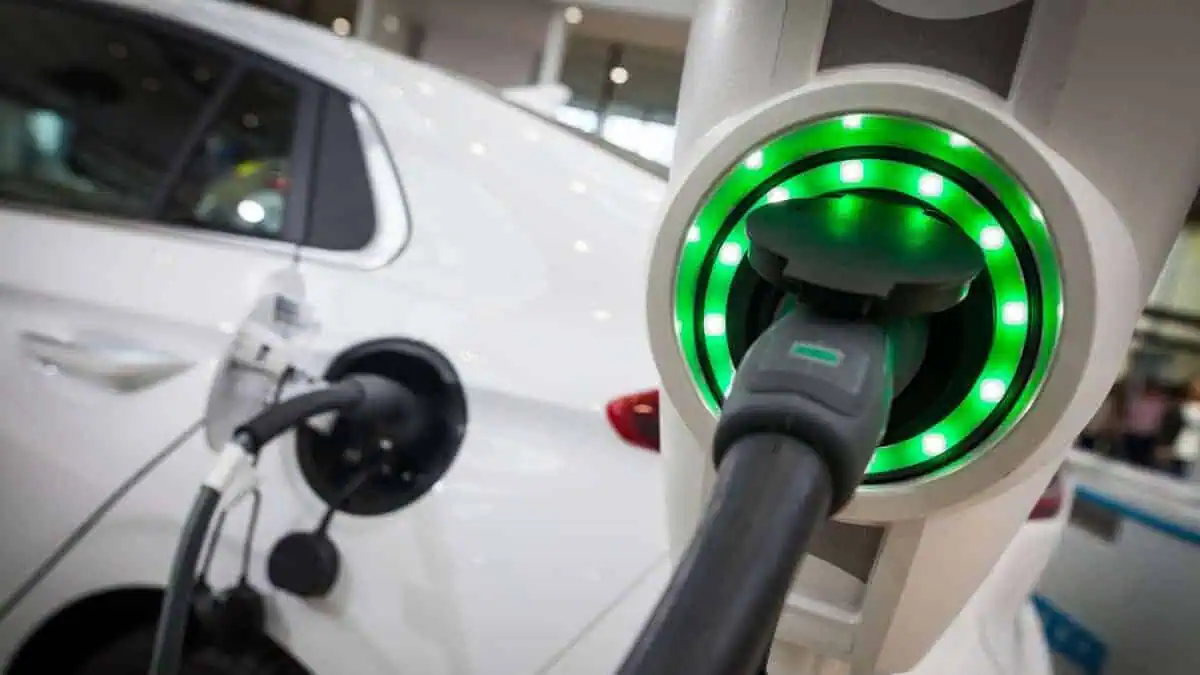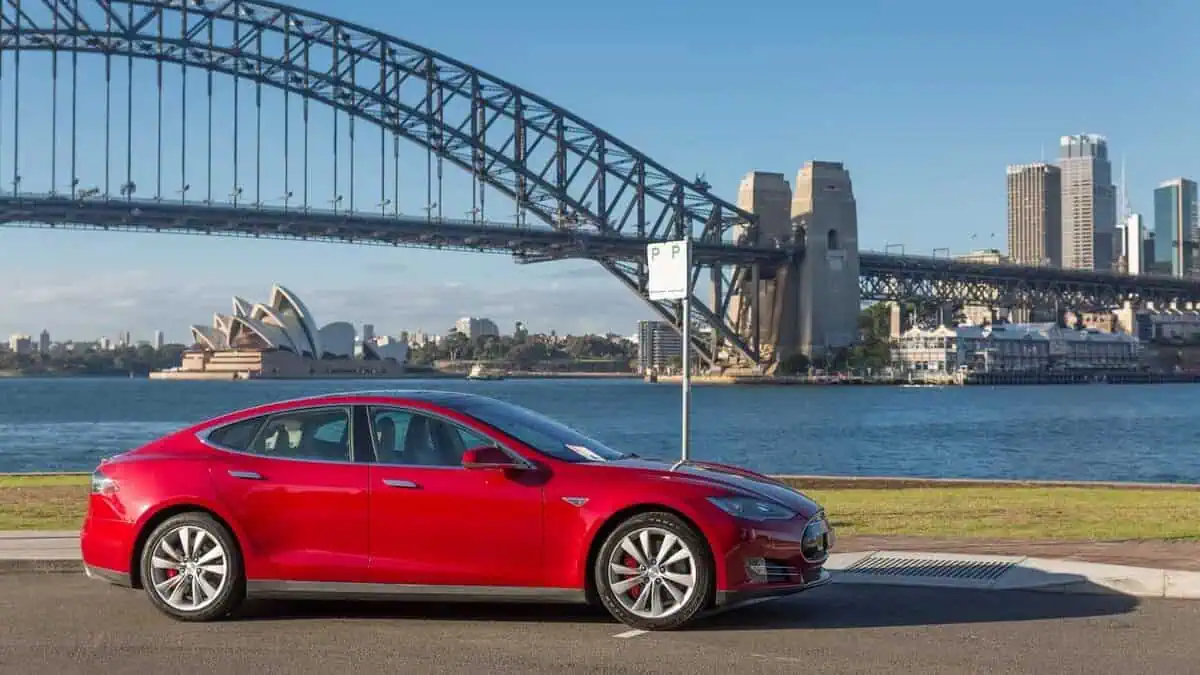Foxconn wants to do for electric vehicles what it did for smartphones. However, as major automakers and emerging startups start to dominate the market, it needs to find the next Apple quickly.
The Taiwanese contract manufacturer apparently faces a competitive marketplace for developing white-label EVs that can be customized for clients, whether they are significant automakers, delivery companies, or any other companies.
While the electronics behemoth brings founded advantages to the mostly loss-making EV industry, analysts believe Foxconn needs to win a large contract to demonstrate its ability to join the EV drive.
Foxconn to compete with low-tier automakers
The company’s pitch is straightforward: “let us create your following EV.” It has acquired the former General Motors Co plant in Lordstown, Ohio, and is constructing a specialized supply chain that includes chips and batteries.
“The results of many of our collaborations will be realized one after the other in 2023. The demand for EVs is driving industry disruption where prominent traditional automakers have and are pivoting to finding solutions for mobility that are cleaner and smarter.”
Foxconn (via Reuters)
Jun Seki, a former Nissan executive, has also been hired to lead its efforts.
For now, Foxconn can offer customers access to US federal rewards under the Inflation Reduction Act by building in Ohio, according to Daiwa Capital Markets analyst Kylie Huang.
This is a selling point for traditional automakers juggling the production of gasoline-powered vehicles intending to construct their own EV capacity.
“If they don’t get one this year, next year will be more difficult.”
Daiwa Capital Markets analyst Kylie Huang
The inability to “catch this wave” could force Foxconn to compete with lower-tier Chinese automakers switching to EV contract manufacturing and competing on cost, according to Huang.
Foxconn’s MIH to attract customers
Magna International, a leading auto supplier in Canada, already builds cars for others, and China’s Geely has expressed interest.
Guangxi Automobile Group in China has begun producing EVs for the Japanese delivery company Sagawa Express Co.
Foxconn expects its Movement in Harmony EV platform, or MIH, to attract customers.
It refers to MIH as “the Android system” for EVs and is looking for partners to help standardize technologies so that model versions can be produced cheaply and quickly.
“We want to create that kind of ecosystem so anyone – for example, like United Airlines – can say, ‘I want to make a car.
Sooner or later, maybe the top traditional (automakers) say, ‘Hey, I want to become a product marketing company. Why do I need to carry so many employees?”
Foxconn chief product officer Jerry Hsiao (via Reuters)
Hsiao also worked on Google’s first Android phone and saw EVs reaching a similar commercial tipping point.
Foxconn’s ambitions are lofty. Foxconn’s long-term goal is to manufacture nearly half of the world’s EVs, with an initial target of 5% of the global EV market and $33 billion in revenue from EV and component manufacturing by 2025.
Foxconn to produce 65,000 vehicles in 2025
EV sales are increasing, with China leading the way. Assuming a 20% EV adoption rate by 2025, 5% of the market would be roughly 900,000 vehicles, approximately what market leader Tesla sold in 2021.
“In the EV market, everyone’s eyes are bigger than their stomach.”
Sam Fiorani, vice president at AutoForecast Solutions
According to its firm, Foxconn is expected to produce 65,000 vehicles in 2025 and 157,000 in 2026. Fiorani also argued that the EV industry is different from making iPhones.
Goldman Sachs also stated that EV outsourcing will reach $36 billion in 2025 and $144 billion in 2030, with 800.000 and 3.2 million EVs, respectively.
The first large customer to anchor Foxconn’s Ohio plant, which currently produces a small number of electric Endurance pickup trucks for Lordstown Motors, in which it has a stake, will be critical.
It has revealed that it will construct a vehicle for the electric vehicle startup Fisker.
Foxconn Chairman Liu Young-way told reporters last month that he plans to visit customers in the United States, Foxconn’s Ohio plant, and Mexico, where the company has made considerable investments in auto parts, in March or April.
“There should be some related signing activities.”
Foxconn Chairman Liu Young-way
Tight competition in the EV market
Foxconn already supplies Tesla with parts and manufactures camera modules for carmakers and suppliers.
“They can probably buy things cheaper than anyone on earth.”
Raymond Tsang, a Shanghai-based partner at consultancy Bain & Company
The race for volume raises the stakes in an industry in which Tesla and other EV makers are lowering prices.
Foxconn purchased Lordstown Motors’ former GM plant in Ohio, one of the world’s highest-volume single-line vehicle assembly plants.
It could produce approximately 320,000 vehicles per year, excluding overtime.
“We would love to find a customer that’s in the 250,000-or-so range, and then we can fill up some of the other stuff with niche-type things.”
Raymond Tsang, a Shanghai-based partner at consultancy Bain & Company






